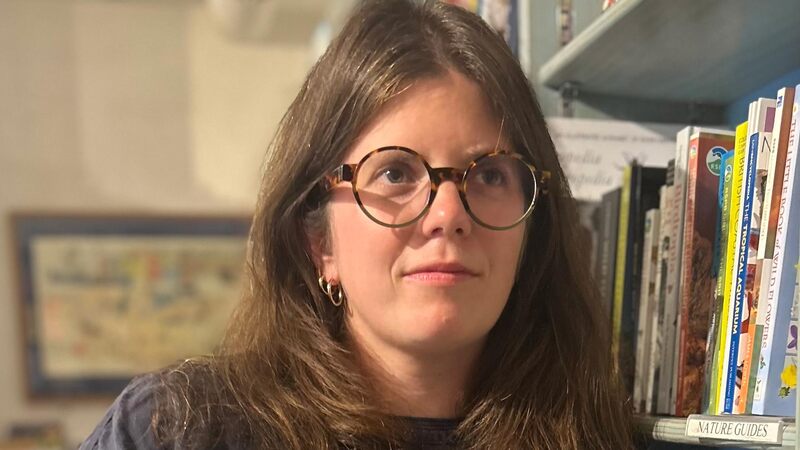You are viewing your 1 free article this month. Login to read more articles.
Atwood calls for free speech martyrs to be honoured
Margaret Atwood has said she would like to see those who have been killed in the fight to protect free speech honoured, either through a statue or a wall in London's Hyde Park.
Speaking with Index on Censorship magazine for its summer issue, published today (20th June), Atwood proposed the idea to commemorate "a list of martyrs who have been killed for free speech", saying "these people give their all and then somebody kills them and then we all forget about them."
Candidates worthy of commemoration, according to Atwood, include William Tyndale, whose translation of the Bible was the first ever to be printed in English and who subsequently was executed for it in the 15th century. The list of martyrs could go as far back as Socrates, Atwood said, who was sentenced to death over issues of freedom of speech in 399 BC.
Asked where the statue or wall could be installed, Atwood suggested, "a nice green space near Hyde Park Corner would be a really good place actually."
Index on Censorship's editor Rachael Jolley commented: "People who fight for freedom of speech often go unacknowledged and also put their own lives at risk. Margaret Atwood's suggestion of a wall commemorating free speech heroes throughout history is an excellent one, and one which could also bring attention to the fact that freedom of speech, assembly and expression are once again under attack.
"I would nominate the London printer John Twyn who published a pamplet justifying the right to rebellion and then refused to say who had commissioned it. We would be keen to include writers and activists from around the world, the anti-apartheid campaigner and writer Steve Biko, and Russian journalist Anna Politkovskaya."
A spokesperson on behalf of English PEN agreed Politkovskya would be a good candidate, alongside Lasantha Wickrematunge from Sri Lanka and Hrant Dink from Turkey, and "sadly dozens of Mexican journalists", most recently Javier Valdez Cárdenas and Jonathan Rodríguez Córdova. PEN said there are "plenty of people who have sadly not come to our attention who have been killed for exercising their right to free speech" but hastened to add "a full accounting would be a huge job".
Atwood, who last year received the English PEN Pinter prize in recognition of her work defending writers’ rights, said writers of fiction weren't always any better protected than journalists when it came to the freedom of speech. "There are threats that come from government, there are threats that come from the population at large and there are threats that come from political groups who are in opposition to the culture and the values of free speech," she said.
Of the continued poignancy of The Handmaid's Tale (Vintage), which also features a crackdown on free speech in society, Atwood added: "I put nothing into it that people had not done at some point or that people weren’t already doing. People in the United States at that time [1985] on the religious right were already talking about what they would like to do if they had the chance. And that’s the reason why it’s so relevant today - people have the chance and they’re doing those things."
The TV adaptation of the book has had a strong impact on book sales. The print title went straight to number one on Amazon after its first episode, aired on Channel 4 at the end of May, leading to a year-on-year uplift of 500%, according to Vintage, while last week, after three episodes, it rocketed to the number one spot in the weekly e-book rankings.
Beth Coates, editorial director for Vintage, said: "We’ve invoiced over 30,000 of our film tie-in edition in home and export, but we have also seen an increase across our classic, main and children’s classic editions, and a particular surge of the e-book. It’s the kind of publishing event that you simply cannot engineer, and that makes it all the more gratifying."
Testament to the book's cultural influence in America today, silent protests against anti-abortion legislation took place in Ohio last week in the garb of handmaids, reported BBC news, a group who in Atwood's dystopian novel are forced to give birth. Atwood called it a “pretty clever” move. “Nobody can accuse them of causing a disturbance and they’re very modestly dressed and they’re silent and everybody knows as soon as they see them exactly what they mean," she said.















